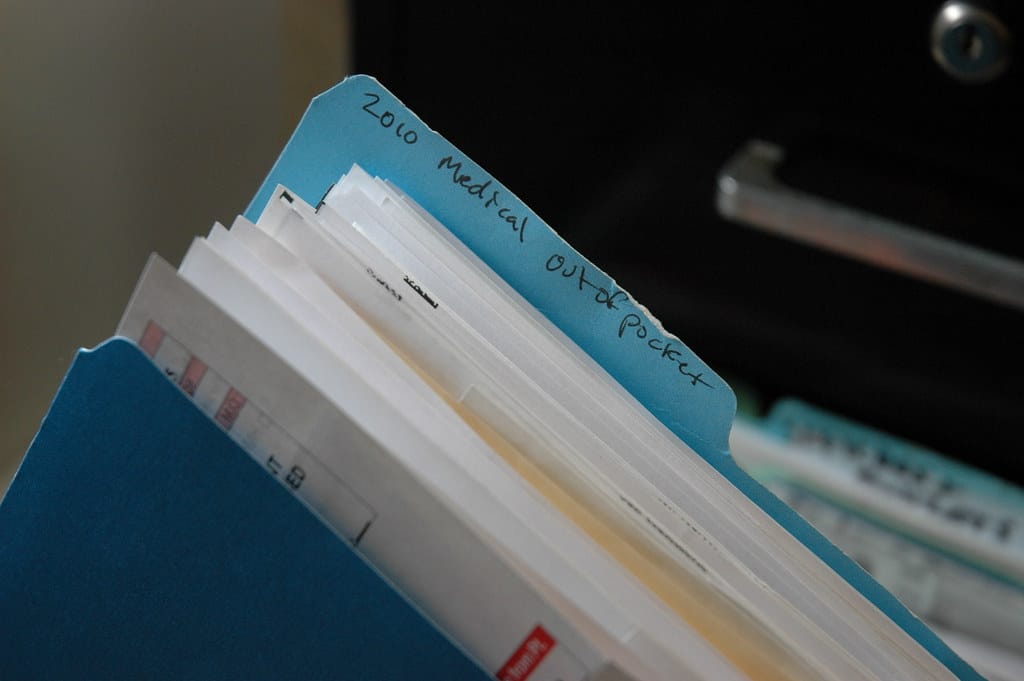IRS Commissioner Signals End to Free File Program, Leaving Millions of Taxpayers in Limbo
The Internal Revenue Service may be preparing to pull the plug on its Free File program, a partnership with tax preparation companies that has provided free tax filing services to eligible Americans for over two decades. IRS Commissioner Danny Werfel recently indicated the agency is exploring alternatives that could fundamentally reshape how millions of low- and moderate-income taxpayers file their returns.
What's at Stake for American Taxpayers
The Free File program, launched in 2003, allows taxpayers earning $79,000 or less annually to file their federal tax returns at no cost through participating commercial tax software companies. Approximately 70% of taxpayers are eligible for the program, though participation rates have remained disappointingly low—hovering around just 2-3% of all tax returns filed.
"We're evaluating whether the current Free File model is the best way to serve taxpayers," Werfel stated during a recent congressional hearing. The commissioner's comments have sparked concern among consumer advocacy groups and taxpayers who rely on the program's services.
The timing of this potential shift is particularly significant given the IRS's recent $80 billion funding boost from the Inflation Reduction Act, which has enabled the agency to explore developing its own direct filing system.
The Numbers Tell a Complex Story
Despite its broad eligibility, Free File has struggled with adoption. In the 2023 tax season:
- Only 2.9 million taxpayers used Free File services
- This represented just 1.9% of all individual returns filed
- The program's usage has declined by nearly 70% since its peak in 2005
These low participation rates stem from several factors, including limited marketing, complex eligibility requirements that vary by company, and what critics call "dark patterns"—design elements that steer users toward paid services instead of free options.
Meanwhile, the tax preparation industry has flourished. Companies like Intuit (TurboTax) and H&R Block have generated billions in revenue, with Intuit alone reporting over $14 billion in annual revenue, much of it from taxpayers who could have filed for free.
IRS Direct Filing: The Alternative Path
The IRS has been quietly developing its own free, direct filing system, piloting it in 13 states during the 2024 tax season. Early results show promise:
- Over 140,000 taxpayers successfully used the pilot program
- Users reported high satisfaction rates
- The system handled simple tax situations effectively
- Estimated savings of $5.6 million in tax preparation fees for pilot participants
This direct filing approach would eliminate the middleman, allowing taxpayers to file directly with the IRS through a government-operated platform—similar to systems used successfully in dozens of other countries.
Industry Pushback and Political Pressure
The tax preparation industry has historically resisted efforts to expand free filing options, spending millions on lobbying efforts. Companies argue that their services provide value beyond basic filing, including tax advice, audit protection, and year-round support.
"Private sector innovation has driven improvements in tax software that benefit all taxpayers," said a spokesperson for the Tax Relief Coalition, an industry group. "Government-run filing systems risk stifling this innovation."
However, consumer advocates argue that the current system creates unnecessary complexity and costs for taxpayers. "The Free File program has been a failed experiment that primarily benefits tax software companies at taxpayers' expense," said Chi Chi Wu of the National Consumer Law Center.
What This Means for Your Tax Filing Future
If the IRS moves forward with ending Free File, taxpayers could face several scenarios:
Best case: A robust, government-operated direct filing system replaces Free File, providing truly free filing for most taxpayers with simple returns.
Worst case: The program ends without an adequate replacement, forcing more taxpayers to pay for commercial software or seek expensive professional help.
Most likely: A hybrid approach emerges, with IRS direct filing handling simple returns while commercial software continues serving complex tax situations.
The Bottom Line
The potential end of Free File represents more than just a policy shift—it's a fundamental question about whether tax filing should be a profit center for private companies or a basic government service. With Americans spending an estimated $31 billion annually on tax preparation, the stakes are enormous.
For now, taxpayers should stay informed about these developments and continue using available free filing options. The IRS has committed to maintaining some form of free filing assistance, but the exact shape of that future remains unclear. What's certain is that how Americans file their taxes is about to change significantly.
